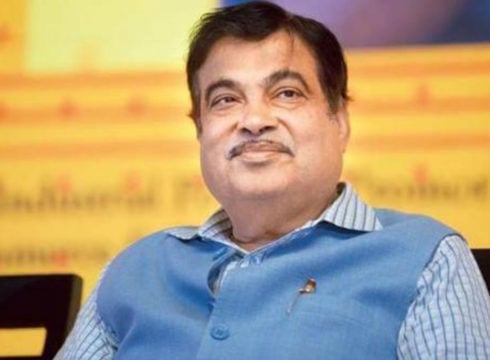SUMMARY
The government is focussing on various kinds of eco-friendly alternative fuels
The government aims to make Delhi-NCR air pollution-free in two years
The first generation of ethanol will be produced from molasses
Inc42 Daily Brief
Stay Ahead With Daily News & Analysis on India’s Tech & Startup Economy
The minister for road transport and highways of india and shipping ministry of micro, small and medium enterprises, Nitin Gadkari, has now advocated use of eco-friendly alternative fuels to tackle air pollution. At the launch of TVS’ ethanol-based bike, Gadkari reportedly said that the government is focussing on various kinds of eco-friendly alternative fuels or biofuel, including ethanol and biodiesel. These combined with electric vehicles will help India cut air pollution and reduce crude oil imports.
The government is now looking to remove air pollution in the national capital region in the next two years. He further said that India is spending close to INR 7 Lakh Cr on the import of crude oil and it’s high time that the country should develop an import substitute, cost effective, pollution free and indigenous fuel option.
He emphasised that India has robust back up of large sugarcane farms to support the production of ethanol feedstocks. “The development of a substantial ethanol industry would potentially mean new markets for country’s biomass and agriculture and will also help in reviving the dried up farm income,” Gadkari said.
“India has huge potential of manufacturing ethanol. In 2018, country’s ethanol market was of Rs 11,000 crore and this year it will probably go up to INR 20,000 Cr. In my dreams, I want to make India an ethanol economy of Rs 2 lakh crore,” the minister said.
He further said that the government has decided to proceed with a phase wise approach to realise this target. “The first generation of ethanol will be produced from molasses, second generation will be from sugar cane juice and the third generation of ethanol will be generated from biomass,” Gadkari added.
In order to accelerate the usage of ethanol as fuel and ensure its availability, Gadkari has also requested the petroleum ministry to start giving permission for setting up of ethanol pumps.
The minister also called for adoption of flex-engine concepts. A flex-fuel vehicle is one that can operate on both petrol and ethanol. “All the foreign OEMs like Hyundai, Toyota etc are operating with flex engine in Brazil and USA. To reduce pollution in Delhi, we also promote electric vehicles and vehicles with flex-engine option,” he said.
In August last year, the government had imposed restriction on import of bio-fuels including ethyl alcohol and other denatured spirits, bio-diesel, petroleum oils and oils obtained from bituminous minerals other than crude, through an amendment in import policy.
The focus on biofuels is expected to complement the government’s vision for 30% electric mobility by 2030.
Note: We at Inc42 take our ethics very seriously. More information about it can be found here.


